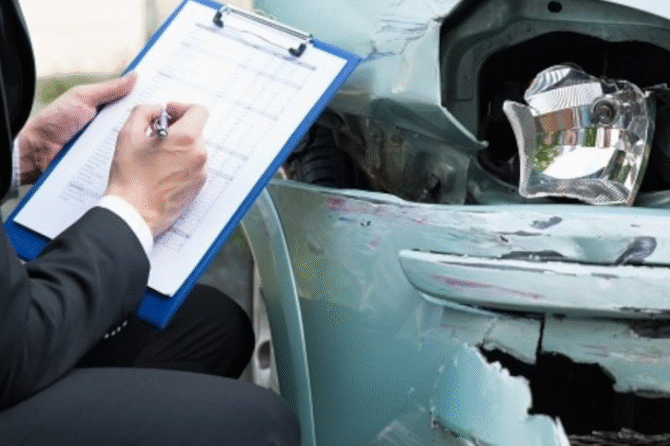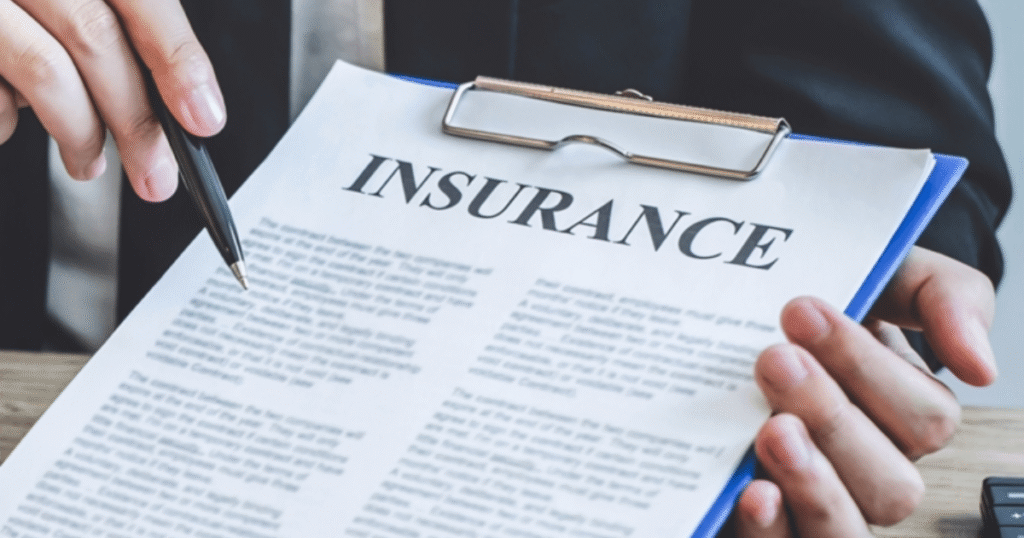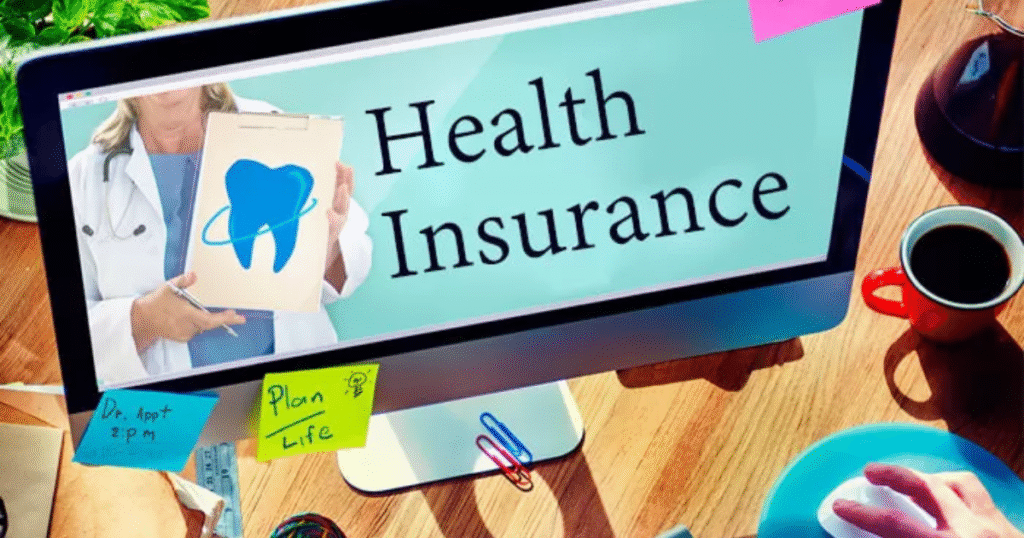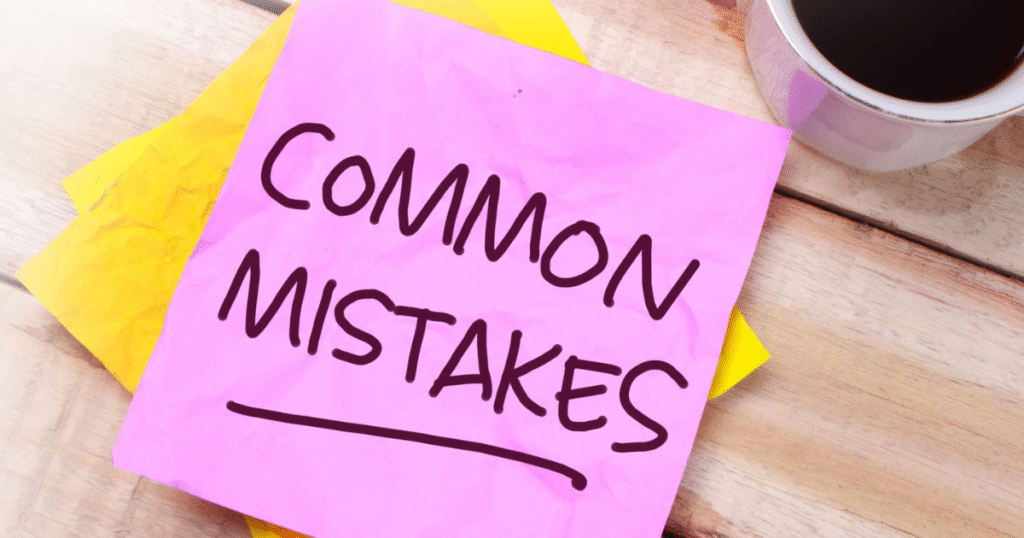
Does Health Insurance Cover Car Accident?
When it comes to car accidents, most people wonder, “Will my health insurance pay for my injuries?” Understanding how health insurance works in such situations can save you from unexpected financial stress. In this guide, we’ll break down everything you need to know about whether health insurance covers car accident injuries, how it works with auto insurance, and what steps you should take after an accident.
Imagine driving home after work and suddenly getting hit by another car. The first question that hits your mind after the shock is, “Who will pay my hospital bills?” While auto insurance is the primary coverage for car accidents, your health insurance may also step in to help. Understanding how these coverages work together is essential to protect yourself financially.
Table of Contents
Understanding Health Insurance and Car Accidents

What is Health Insurance?
Health insurance is a policy that covers medical expenses for illnesses, injuries, and emergencies. It usually pays for hospital stays, doctor visits, surgeries, and medications.
How Does It Work in Case of Accidents?
If you are injured in a car accident, health insurance can cover your medical expenses. However, it often acts as secondary coverage after your auto insurance benefits are used.
Primary Coverage in Car Accidents
Auto Insurance vs. Health Insurance
Auto insurance, specifically your Personal Injury Protection (PIP) or MedPay, usually pays for accident-related injuries first. Health insurance comes into play once auto coverage limits are exhausted.
Liability and Medical Payments Coverage
- Liability Insurance: Pays for injuries to others if you are at fault.
- Medical Payments Coverage (MedPay): Pays your medical bills regardless of who caused the accident.
When Health Insurance Kicks In

Situations Where Health Insurance Covers You
- If your auto policy has limited or no MedPay coverage.
- If your accident occurs as a pedestrian or cyclist.
- When medical expenses exceed auto insurance limits.
Exceptions to Coverage
Some health insurance plans may exclude car accident injuries if you have auto insurance coverage. Always check your policy to avoid surprises.
Coordination Between Health and Auto Insurance
Which Insurance Pays First?
Typically, auto insurance (PIP or MedPay) pays first, and then your health insurance covers the remaining bills.
Subrogation and Reimbursement Explained
Your health insurer may recover costs from the at-fault driver’s insurance through a process called subrogation, ensuring you don’t get paid twice for the same bills.
Types of Auto Insurance That Affect Medical Coverage
Personal Injury Protection (PIP)
Covers your medical expenses, lost wages, and even rehabilitation, regardless of who caused the accident.
Medical Payments Coverage (MedPay)
A simpler version of PIP that only covers medical costs up to a certain limit.
Liability Coverage
Covers injuries to others if you are at fault, but not your own injuries.
Health Insurance Limitations in Car Accidents

Exclusions and Deductibles
Your health insurance may require copayments or deductibles, and some plans exclude certain treatments related to auto accidents.
Out-of-Network Hospitalization
If the nearest hospital is out-of-network, your coverage may be reduced, leaving you with higher bills.
The Role of State Laws in Coverage
No-Fault vs. At-Fault States
- No-Fault States: Your own insurance pays regardless of fault.
- At-Fault States: The at-fault driver’s insurance is responsible for your injuries.
How State Laws Impact Claims
Your state laws will determine the order of insurance payments and the ability to file lawsuits for damages.
Steps to Take After a Car Accident for Insurance
- Seek medical attention immediately.
- Notify both your auto and health insurance companies.
- Document all medical records and accident reports.
- Follow up on claim processing regularly.
Common Mistakes People Make

- Assuming health insurance will pay first.
- Not knowing auto insurance policy limits.
- Ignoring subrogation clauses that require reimbursement.
Maximizing Your Coverage
- Combine health and auto coverage for full protection.
- Negotiate hospital bills if your insurance limits are exhausted.
- Consider MedPay or PIP add-ons for better coverage.
Real-Life Example Scenarios
Scenario 1: Covered by PIP
John had PIP coverage. His $20,000 hospital bill was fully covered without using his health insurance.
Scenario 2: Relying Solely on Health Insurance
Sarah had no MedPay or PIP. Her health insurance covered most bills, but she paid a $2,000 deductible out of pocket.
Tips to Avoid High Medical Expenses
- Understand your auto and health insurance policies thoroughly.
- Purchase higher MedPay or PIP limits.
- Seek legal advice if the other driver was at fault.
Legal and Financial Considerations
If another driver caused the accident, you can pursue a personal injury claim to recover expenses not covered by insurance. A lawyer can help maximize compensation and ensure proper subrogation handling.
Conclusion
Health insurance can cover car accident injuries, but it often acts as secondary coverage after auto insurance. Understanding how these coverages work together ensures you’re not left with unexpected bills. Always review your policies, know your state laws, and consider supplemental coverage for complete protection.
FAQ’s
Does health insurance always cover car accident injuries?
Yes, but usually after your auto insurance has been used first.
Which insurance pays first, health or auto?
Auto insurance (PIP or MedPay) usually pays first, then health insurance covers remaining bills.
Do I need MedPay if I already have health insurance?
Yes, MedPay can cover deductibles, copays, and expenses health insurance doesn’t cover.
Will my health insurance increase after a car accident claim?
No, health insurance premiums don’t usually increase due to accident-related claims.
Can I sue the at-fault driver for my medical bills?
Yes, in at-fault states you can seek reimbursement from the at-fault driver’s insurance or through a personal injury claim.

Leave a reply